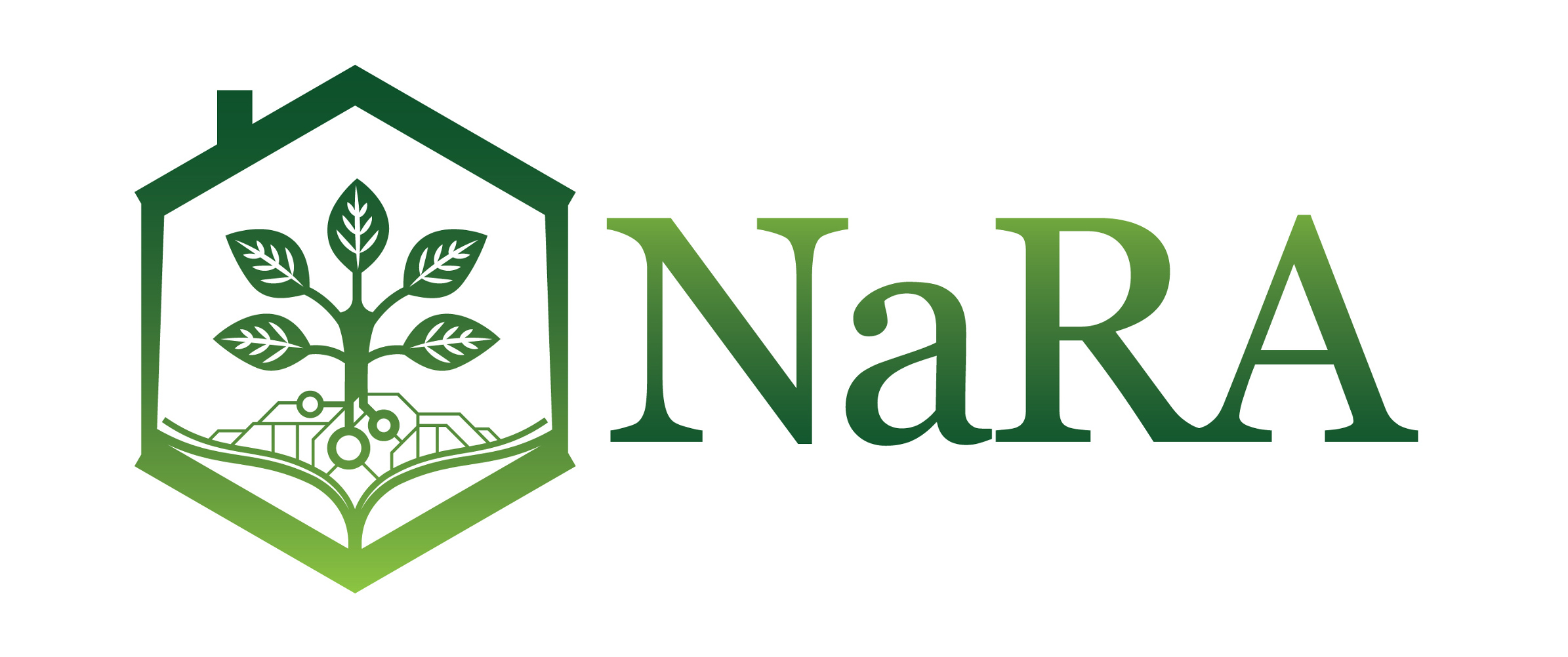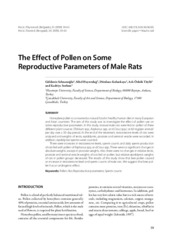The Effect of Pollen on Some Reproductive Parameters of Male Rats
Efekat polena na neke reproduktivne parametre mužjaka pacova
| dc.contributor.author | Selmanoglu, Guldeniz | |
| dc.contributor.author | Hayretdag, Sibel | |
| dc.contributor.author | Kolankaya, Durdane | |
| dc.contributor.author | Ozkok Tuylu, Aslý | |
| dc.contributor.author | Sorkun, Kadriye | |
| dc.date.accessioned | 2015-11-07T10:38:24Z | |
| dc.date.available | 2015-11-07T10:38:24Z | |
| dc.identifier.uri | http://arhiva.nara.ac.rs/handle/123456789/1325 | |
| dc.description.abstract | Honeybee pollen is consumed as natural food in healthy human diet in many European and Asian countries. The aim of this study was to investigate the effect of pollen use on some reproductive parameters. In this study, mature male rats were fed on pollen of three different plant sources (Trifolium spp., Raphanus spp. and Cistus spp.) at 60 mg/per animal/ per day over a 30-day period. At the end of the treatment, testosterone levels of rats were analysed and weights of testis, epididymis, prostate and seminal vesicle were recorded. In addition, epididymal sperms were counted. There were increases in testosterone levels, sperm counts and daily sperm production of rats fed with pollen of Raphanus spp. and Cistus spp. There were no significant changes in absolute weights, except in prostate weights. Also there were no changes in relative testis, prostate and seminal vesicle weights of rats fed on pollen, but relative epididymis weights of rats in pollen groups decreased. The results of this study show that bee pollen caused an increase in testosterone level and sperm counts of male rats. We suggest that bee pollen has an androgenic effect. | en |
| dc.description.abstract | Pčelinji polen kao prirodna hrana predstavlja deo zdrave ishrane u mnogim evropskim i azijskim zemljama. Cilj ovog istraživanja je bio da se ispita delovanje polena na neke reproduktivne parametre. Mužjaci pacova su hranjeni polenom dobijenim iz tri različita biljna izvora (Trifolium spp., Raphanus spp. i Cistus spp.) i to u dnevnim dozama od 60 mg po životinji tokom perioda od 30 dana. Na kraju tretmana, analiziran je nivo testosterona i merena težina testisa, epididimisa i semenih kesica pacova. Pored toga, merena je brojnost epididimalnih spermatozoida. Zabeležen je porast nivoa testosterona, brojnosti spermatozoida i dnevne produkcije sperme kod pacova hranjenih polenom Raphanus spp. i Cistus spp. Nije bilo značajnih promena apsolutne težine, osim težine prostate. Takođe, nije bilo promene relativne težine testisa, prostate i semenih kesica kod pacova hranjenih polenom, ali je smanjena relativna težina epididimisa pacova u grupama koje su dobijale polen. Rezultati ovog istraživanja pokazuju da je pčelinji polen doveo do povećanja nivoa testosterona i brojnosti spermatozoida kod mužjaka pacova. Po našem mišljenju, pčelinji polen ima androgeno delovanje. | sr |
| dc.subject | Pollen | en |
| dc.subject | Rat | sr |
| dc.subject | Reproductive parameters | en |
| dc.subject | Sperm counts | en |
| dc.subject | Polen | sr |
| dc.subject | pacov | sr |
| dc.subject | reproduktivni parametri | sr |
| dc.subject | brojnost spermatozoida | sr |
| dc.title | The Effect of Pollen on Some Reproductive Parameters of Male Rats | en |
| dc.title.alternative | Efekat polena na neke reproduktivne parametre mužjaka pacova | sr |
Files in this item
This item appears in the following Collection(s)
-
VOL 24 *No.1
http://www.pesting.org.rs/2009.php



